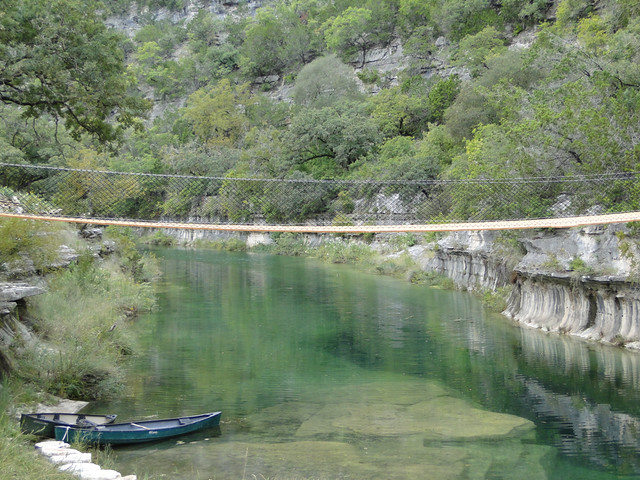You know the story in the bible where the people decided to build a tower that would reach up to heaven? God took one look, shook his head, folded his arms across his chest and said, “I don’t think that’s such a good idea.” Then, God confused their language. Instead of everyone speaking the same language and having the ability to communicate things like, “Please pass me that hammer,” or “Look out, that beam is about to fall on your head!” the languages were suddenly different and the people could no longer understand each other.
The project was abandoned, and God divided up the people and scattered them across the earth.
Whenever I read that story in the bible, I end up shaking my head. “What in the world were you thinking, God?” I ask (usually out loud). “This isn’t you. You’re all about bringing people together. Tearing down walls and everything.”
I try out the whole Old Testament/New Testament thing. You know how some people say the Old Testament doesn’t apply to us because of what Jesus did in the New Testament? I don’t know if that’s true, and I’m not trying to be a theologian, but, as far as I can tell, that argument doesn’t hold up in this case because, when I go to church on Sunday morning, I’m likely to encounter two or three languages about which I have no clue, other than to say, “That’s Karen and that’s French Creole and that right there is Mandarin.”
Other people say, “Pentecost fixed the language thing,” to which I respond (not out loud), “I don’t know how you reached that conclusion.” Because, really?
In church, I don’t always understand what people are saying to each other. It makes things…challenging. Here we are, trying to figure out how to be the Body of Christ — how to do life together — and some days we can’t even understand one another, other than to nod and smile and embrace and shake hands.
Pentecost must have been a beautiful thing. All those people, with all their different languages, hearing and understanding the incredibly amazing story of God’s great love for them. For us! It must have been fantastic! When the day was over, however, God hadn’t given everyone the same language. He hadn’t erased their culture, or their skin color, or their ethnicity, or even the words they put together to form a sentence. What God gave them — gave us! — was the Holy Spirit.
Yesterday in church, I listened as H preached about the story of Babel, and about how the people started to get all caught up in their skill and the technology of the day (bricks instead of stone, tar instead of mortar) and the way they strategized and worked together and got along. They got a bit big-headed, I think. They said something along the lines of, “Look what we can do!” and relegated God to the sidelines. God isn’t the sidelines type.
God has made us smart and creative and strong and witty and savvy and brilliant and beautiful and bold and zany and fast and talented and a bunch of other things that are easy to look and say, “Hey! Look at me!” As soon as I say that, and relegate God to the sidelines, I may as well go ahead and put my own self in timeout.
At Pentecost, God showed us how to bridge the gap between the races and languages and cultures and ethnicities and, for that matter, the generations and socio-economic levels and mental health differences and educational limitations and hygiene habits and political parties and — go ahead, fill in the blank. For people who’ve decided to walk in step with Jesus, the starting point is always the Holy Spirit. It’s the way to eliminate the breach between you and that annoying neighbor, that obnoxious relative, that irritating cashier, that stubborn church member, that pontificating politician, that pouting spouse (to whom you may owe an apology), that “wandering” child.
In our intercultural, multigenerational, multi-lingual, multi-ethnic, multi-you-name-the-demographic church, our differences require us lean hard on the Holy Spirit. When we’d rather take our ball and go home, the Holy Spirit urges us to stay at the table and find the common ground. And there is always common ground where the Holy Spirit is concerned.
:::

